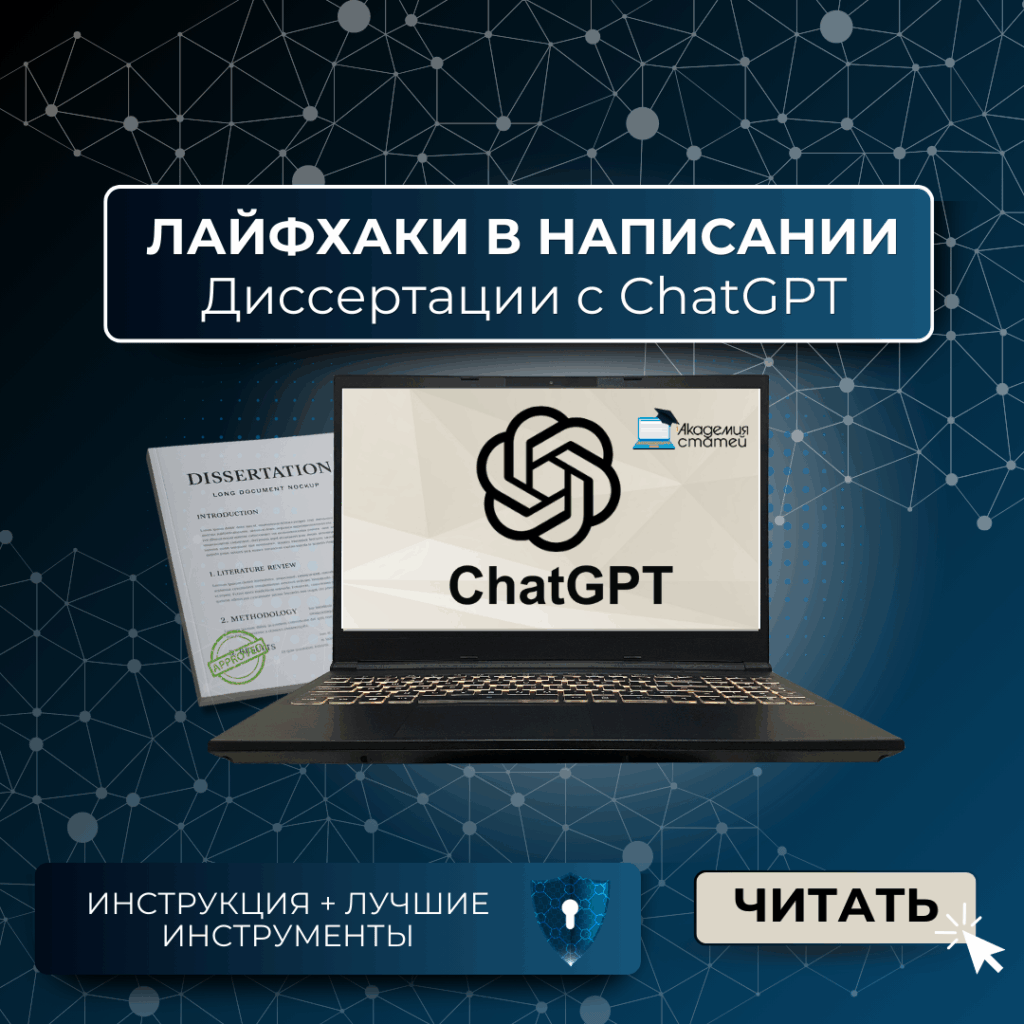Scientific Publishing Reform in Kazakhstan: From Chaos to Quality
Many of you have been wondering why Kazakhstan has such strict publication requirements.
In the early 2010s, Kazakhstan implemented a major reform in scientific publishing, introducing mandatory publication in the international databases Scopus and Web of Science for PhD applicants. The initial goal was to improve the scientific quality of research and integrate it into the global academic community. However, an unexpected consequence was a sharp increase in publications in so-called "predatory journals"—publications that do not adhere to peer-review standards and effectively serve as commercial platforms for publishing articles.
The Scale of the Problem: Kazakhstan Against the Background of Global Trends
According to analysts, between 2013 and 2015, nearly 501,000,000 publications by Kazakhstani authors in the Scopus database were in predatory journals. This is a shocking figure, especially when compared to global statistics, where the average share of such publications was approximately 101,000,000.
The main reasons for this situation were related to:
- Insufficient awareness among Kazakhstani scientists about the quality criteria of scientific journals.
- High costs of publication in reputable peer-reviewed journals.
- The desire to quickly and easily fulfill the formal requirements for defending a dissertation.
This sparked a major scandal at the national level, as the government and academic community faced criticism regarding the effectiveness of the reforms and the threat of devaluing academic degrees. As a result, instead of improving the quality of scientific research, the reform led to an increase in low-quality publications and a deterioration in the international image of Kazakhstani science.
Dynamics of publications in predatory journals
The table illustrates the growing trend in the share of publications in predatory journals in Kazakhstan. Between 2010 and 2016, there was a rapid increase in the share of publications in dubious journals, peaking in 2013 (49,02%). Despite a subsequent decline, the level remains high.
Dynamics of the share of publications (%) in predatory journals for Kazakhstan from 2010 to 2018:
Year | 2010 | 2011 | 2012 | 2013 | 2014 | 2015 | 2016 | 2017 | 2018 |
PPJ share (%) | 2.22 | 6.35 | 17.43 | 49.02 | 47.39 | 35.97 | 41.61 | 18.66 | — |
New criteria: percentile rate
To address the problem of publication in dubious journals, Kazakhstan introduced new rules that emphasize not only the publication itself but also the quality of the journal. Now, PhD candidates are required to publish in a journal with a Scopus ranking of at least the 25th or 35th percentile (depending on the year of dissertation defense and the field of research). This means that the journal must be ranked at least in the top 75% or top 65% of the best journals in its field.
Furthermore, at the time of dissertation defense, the journal must be active and indexed in Scopus. This prevents the use of outdated or excluded publications.
How does this affect the scientific community?
These changes resulted in:
- A decrease in the number of publications in predatory journalsScientists are forced to more carefully select publications, which improves the quality of publication activity.
- Increasing demands on scientific researchNow, Kazakhstani researchers must create truly competitive work that can pass the rigorous peer-review process in prestigious journals.
- Improving the international ranking of Kazakhstani sciencePublications in high-ranking journals increase the visibility and recognition of a country's scientific achievements on the global stage.
Conclusion:
Requiring publication in high-percentile journals in Kazakhstan has become a necessary measure aimed at combating unfair scientific practices. While this creates additional challenges for Kazakhstani researchers, the long-term prospects promise a significant improvement in the quality of science in the country. In the context of global competition for scientific knowledge, Kazakhstan is taking a step toward a more transparent and honest academic environment, where publications are not just a formal requirement but a confirmation of the true value of research.





